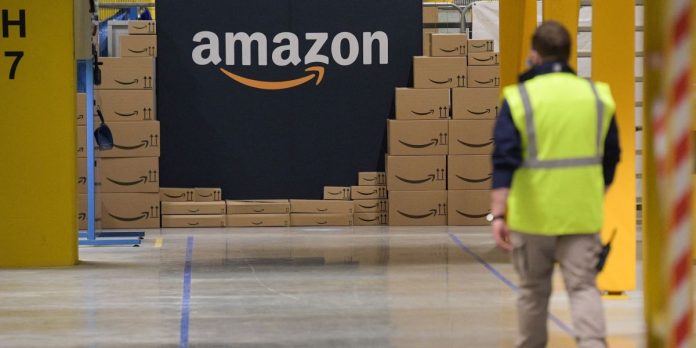Amazon.com Inc. has decided to cancel orders for various products manufactured in China and other Asian countries in response to potential tariffs announced by President Donald Trump, as per a document reviewed by Bloomberg and individuals familiar with the situation.
The cancellations affected orders for beach chairs, scooters, air conditioners, and other items from multiple Amazon vendors following Trump’s announcement on April 2 regarding tariffs on numerous countries and territories, including China, Vietnam, and Thailand, according to sources. Vendors suspect the timing of the cancellations, which were sudden, was influenced by the tariff situation.
An Amazon spokesperson declined to comment, although the company cited international trade disputes as a risk factor in its annual report. The report highlighted the significant presence of China-based suppliers in Amazon’s supply chain.
The extent of the cancellations and the range of affected merchandise remain unclear at this time.
One vendor, who had been supplying beach chairs made in China to Amazon for over a decade, received an email from the company instructing them not to ship some purchase orders due to an apparent error. The vendor, speaking under anonymity, disclosed that the cancellation of a $500,000 wholesale order left them to deal with production costs and finding alternative buyers.
Scott Miller, an e-commerce consultant and former Amazon vendor manager, shared that Amazon abruptly canceled orders for products made in Asian countries, which could potentially lead vendors to renegotiate terms with the company.
It was mentioned that Amazon usually imports goods through direct import orders, where they purchase inventory wholesale from the country of origin and handle the import process. This cancellation places the tariff responsibility back on vendors if they choose to import items through other channels.
Approximately 40% of products on Amazon are sourced directly from vendors, with the remainder coming from independent merchants. The ongoing tariff situation has created uncertainty in global markets, causing businesses to consider price adjustments and potential economic repercussions.




